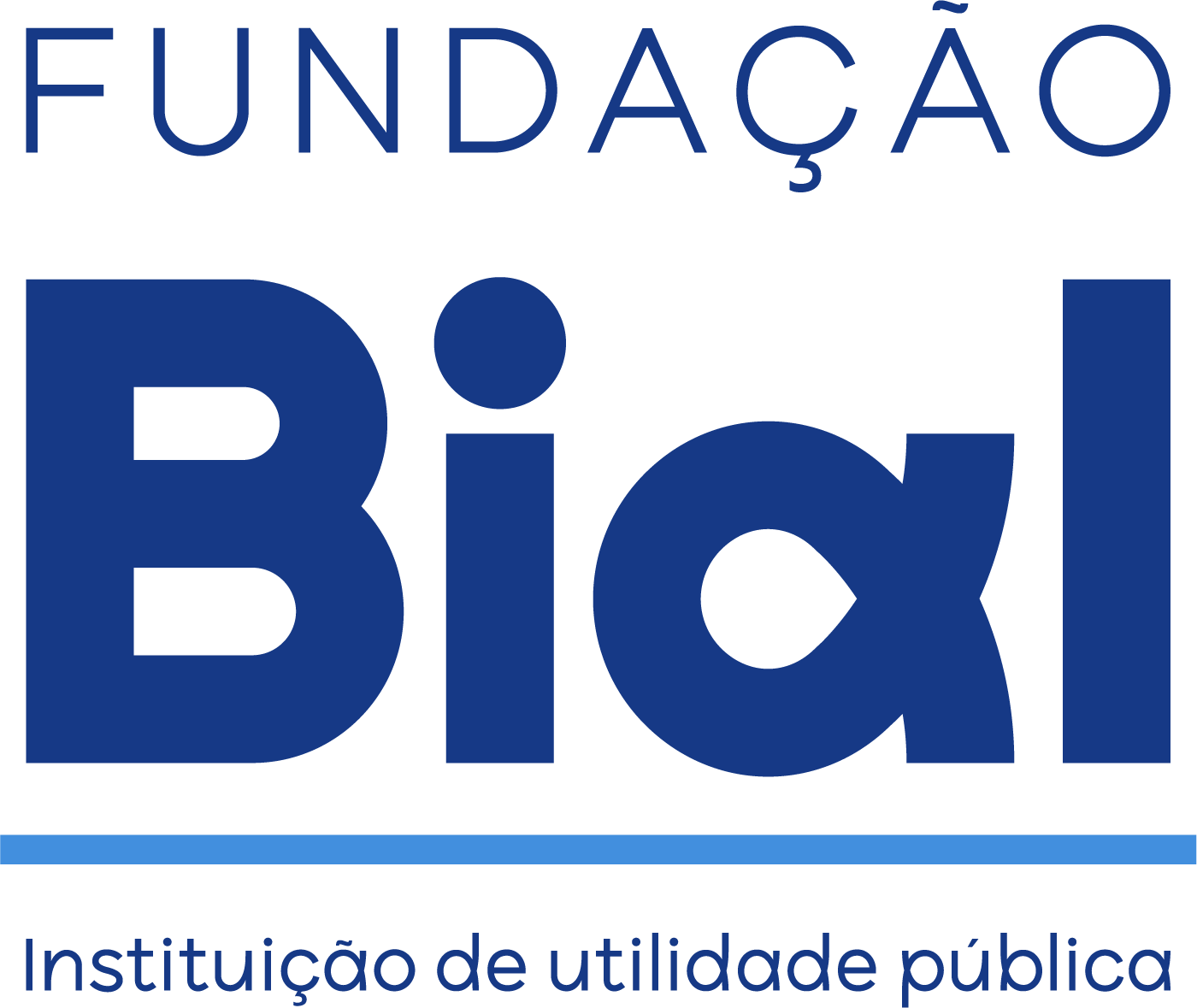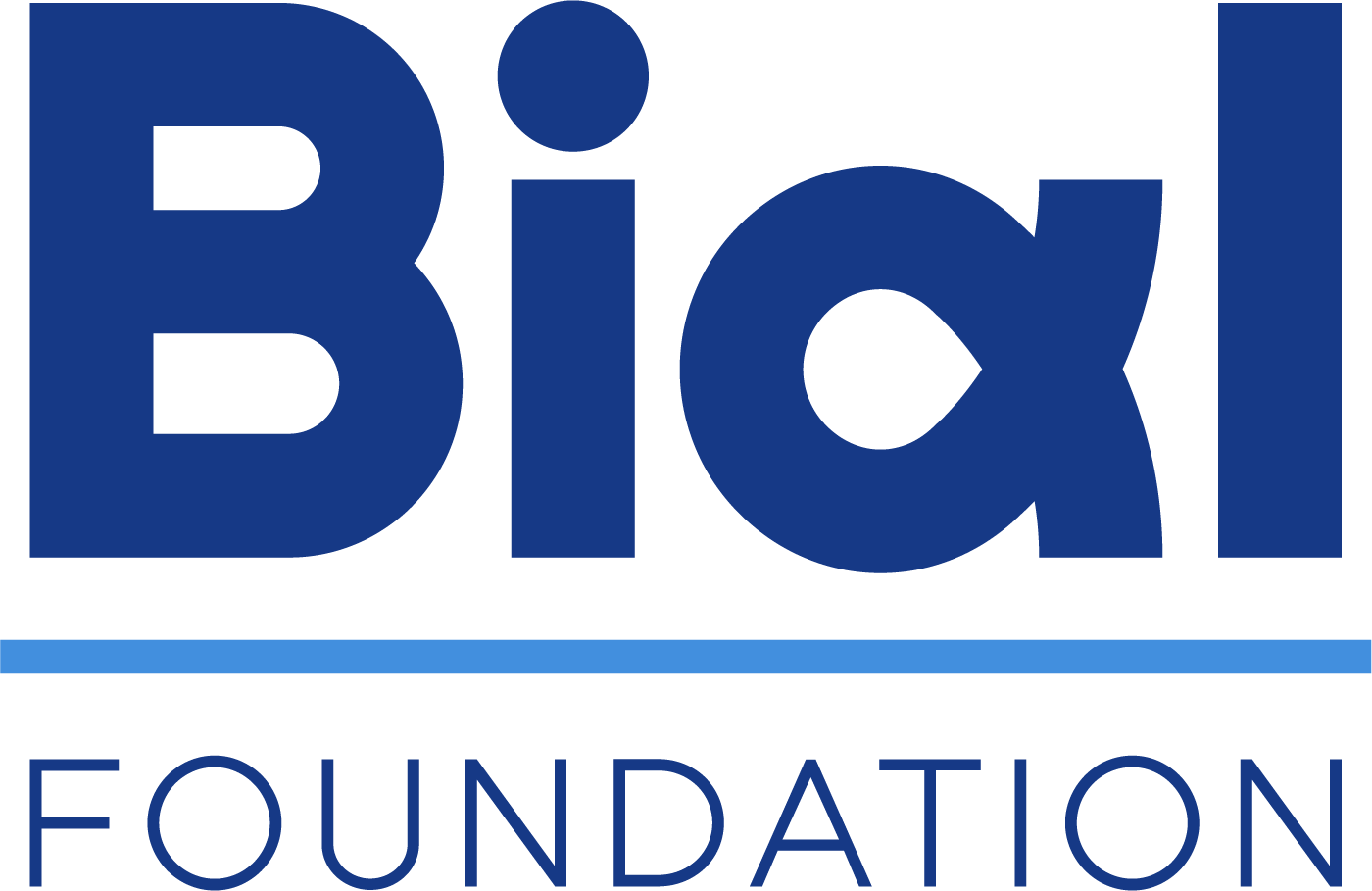News
- Science Stories
- Highlights
- Looking for collaboration
- Helpful links
- Logos
Science Stories
It is our mission being accomplished. Since 1994, the Bial Foundation has approved for funding 946 projects, involving around 1900 researchers from 31 countries. There are three decades of support to Scientific Research Projects oriented toward the neurophysiological and mental study of the human being, in the areas of Psychophysiology and Parapsychology.
Discover the stories behind the science.
Science Stories

Empathy in couples
Understanding the adaptative functioning of couples is something crucial considering the harmful consequences of situations of domestic violence.

Choosing the usual or taking a chance?
We always choose the same route back home, but one day, alerted about traffic restrictions, we decide to risk an alternative route. What drives us to make this decision?

Dream and daydream: differences and similarities
Did you know that daydreams reflect events from the previous two days and “night” dreams resemble a fictional plot?

Does your dog have social skills?
A study suggests that viewing the owner’s face works as a positive social reinforcement for dogs. Learn more about this and other surprising results about “man’s best friend”.
News

Brain Sciences 2020 Young Investigator Award
Olivia Gosseries, principal investigator of project 261/18 - Phenomenological experience and neurophysiological correlates of shamanic trance in healthy individuals, supported by the BIAL Foundation, was one of the winners of the Brain Sciences 2020 Young Investigator Award.
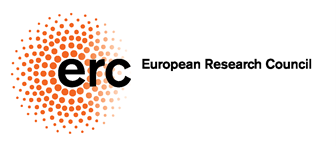
Ana João Rodrigues wins an ERC grant
Ana João Rodrigues, researcher at the Life and Health Sciences Research Institute (ICVS), School of Medicine, University of Minho, Portugal and principal of investigator of the research project 30/16 - Exploring the neural basis of motivation, supported by the BIAL Foundation, was awarded with an European Research Council grant receiving around 2 million euros to understand how the brain encodes perceives and encodes pleasure and aversion.
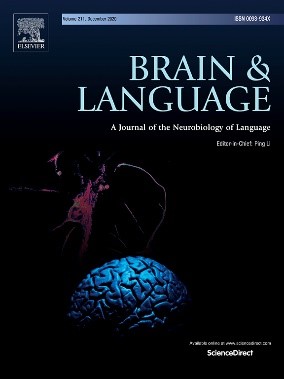
Language recovery after a perinatal stroke
Antoni Rodriguez-Fornells, principal researcher of project “244/14 - Induced brain plasticity after perinatal stroke: structural and functional connectivity”, supported by the BIAL Foundation, published the paper Signatures of brain plasticity supporting language recovery after perinatal arterial ischemic stroke in the journal Brain & Language.

The near-death-experiences features
In the scope of the research project “Characterization of “Near-Death Experiences” through the comparison of experiencers and non-experiencers’ particularities: inter-individual differences in cognitive characteristics and susceptibility to false memories” supported by the BIAL Foundation, the research team of the University of Liège led by Steven Laureys published the paper The Near-Death Experience Content (NDE-C) scale: Development and psychometric validation in the journal Consciousness and Cognition.

Neurocognitive explorations of spiritual experience in Frontiers in Psychology
Joseph Glicksohn and Tal Dotan Ben-Soussan, team members of the research project 228/14 - Pushing consciousness and selfhood towards their boundaries - An EEG neurophenomenological study, published the paper Immersion, Absorption, and Spiritual Experience: Some Preliminary Findings in the journal Frontiers in Psychology.

Fear expressions of dogs under analysis in Scientific Reports
The article Fear expressions of dogs during New Year fireworks: a video analysis has been published in Scientific Reports. This paper presents some of the main findings from project 69/16 - The potential effect of behavioral stimulation on social competence in dogs (via endogenous oxytocin release), supported by the BIAL Foundation and coordinated by Anna Kis.

Paper published in Cerebral Cortex
In the scope of the research project 347/18 - Driving synaptic plasticity in motor-to-visual neural pathways to enhance action prediction, supported by the BIAL Foundation, the research team led by Alessio Avenanti published the paper Transcranial magnetic stimulation over the human medial posterior parietal cortex disrupts depth encoding during reach planning in the journal Cerebral Cortex.
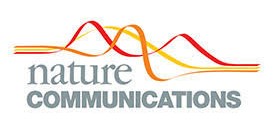
Project supported by the BIAL Foundation published in Nature Communications
Zoltan Dienes and Peter Lush, researchers of project 163/18 - Effects of a short-term mindfulness intervention on hypnotisability and mental health, supported by the BIAL Foundation, published the paper Trait phenomenological control predicts experience of mirror synaesthesia and the rubber hand illusion in the prestigious journal Nature Communications.
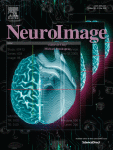
Results of a project funded by the BIAL Foundation presented in NeuroImage
The article Face space representations of movement has been published in NeuroImage. This paper presents some of the main findings from project 27/16 - How do brains encode the distinctive movements of facial expressions?, supported by the BIAL Foundation and led by Nicholas Furl.
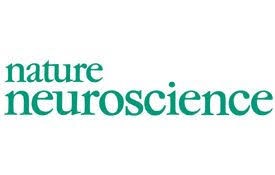
Paper published in Nature Neuroscience
In the scope of the research project 356/18 - Neural mechanisms underlying unconscious working memory supported by the BIAL Foundation, Albert Compte et al. published the paper Interplay between persistent activity and activity-silent dynamics in the prefrontal cortex underlies serial biases in working memory in Nature Neuroscience.

Project supported by the BIAL Foundation published in Scientific Reports
Adriana Sampaio, principal investigator of the research project “286/16 - Getting the aging brain to train: A working memory and neurostimulation approach”, supported by the BIAL Foundation, published in Scientific Reports the paper Probing the relationship between late endogenous ERP components with fluid intelligence in healthy older adults.
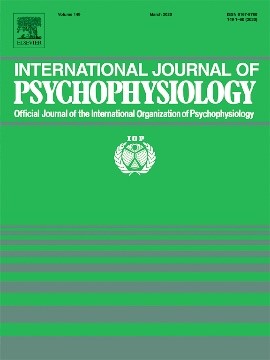
Paper published in the International Journal of Psychophysiology
In the scope of the research project 51/14 - The Dissociated Self: An Investigation of Emotional Responses to a new Body-threat Task in those Predisposed to Anomalous Body Experiences, Dissociation and Disembodiment supported by the BIAL Foundation, Jason Braithwaite et al., published the paper The Body-Threat Assessment Battery (BTAB): A new instrument for the quantification of threat-related autonomic affective responses induced via dynamic movie clips in the International Journal of Psychophysiology.
Looking for collaboration

The quest of physiological markers for the experience of pain
Researcher: Elia Valentini - Department of Psychology & Centre for Brain Science, University of Essex Summary: The aim of this project is to improve measurement of the human experience of pain by investigating a combination of psychophysical and physiological responses during mild noxious stimulation. More specifically, we want to investigate how sensitive and specific to pain the brain oscillatory responses are. We use EEG as the main technique, but we are keen to collaborate with neuroscientists using fMRI, autonomic measures and brain stimulation as well as with computational neuroscientists. A clinical collaborator would also be very much welcome.

EEG investigation of hypnosis and decision-making
Researcher: Rinaldo Livio Perri - University Niccolò Cusano Rome, Italy Summary: I work in the field of hypnosis and cognitive neuroscience. In particular, I adopt the event-related potentials (ERPs) to investigate the effect of the hypnotic suggestions on sensory processing and cognitive performance. I am an expert in decision-making and proactive brain processes before the stimulus administration (e.g., the perceptual, prefrontal and premotor readiness during the expectancy stage). I could help colleagues to properly analyze the ERP signal in the pre-stimulus stage of processing. Also, I would be happy to share my EEG data for re-analyzing them in the frequency domain (e.g., wavelet or coherence analysis in the hypnosis research). Feel free to contact me for any question! More information on my papers: https://scholar.google.it/citations?user=-8e_V64AAAAJ&hl=it Possible collaborations: neuroscientist with experience in the EEG frequency analysis Email: perri.rinaldo@gmail.com

Transparent Psi Project - looking for collaborators
Summary: We are running a fully transparent, expert consensus-base multilab replication of Bem’s (2011) experiment 1. The project features state of the art methods to maximize transparency and study integrity. The study involves a computerized experiment taking about 20 minutes per session. Group testing is possible in a computer lab, no specialized equipment needed. Labs are expected to recruit at least 100 participants. Participants will be exposed to images with explicit erotic/sexual content in the experiment. No financial compensation is required for the participants. Data collection is expected to take place in the 2020 fall semester. Every material is provided for ethics/IRB submissions and data collection in English (translation of materials might be necessary by the collaborators). The study is pre-registered and the manuscript is accepted in principle for publication in the journal Royal Society Open Science. All collaborators who meet the minimum sample size criterion will get authorship on this paper reporting the results of the replication study. More information in the preprint: https://psyarxiv.com/uwk7y/ Indicate interest in the collaboration via the following form: https://tinyurl.com/tpp-labs With any question contact the lead investigator: Dr. Zoltan Kekecs, kekecs.zoltan@gmail.com

Cognitive control and learning
Researcher: Ignacio Obeso, Ph.D. / CINAC - HM Puerta del Sur Summary: The aim of our projects is to understand the behavioral and neural mechanisms used to learn how humans establish adaptive behaviour in changing contexts. More specifically, we want to decipher how stopping abilities are initially learned and later executed under automatic control. We use task-related fMRI, brain stimulation and clinical models to test our predictions in laboratory settings as well as online home-based paradigms. Possible collaborations: computational scientist Email contact: i.obesomartin@gmail.com https://iobesomartin.wixsite.com/cognitivecontrol
Find here some links to other Foundations, Organizations, Societies and more that you might be interested in.
- BrainFacts.org
- Cognitive Neuroscience Society
- Dana Foundation
- European Brain Council
- European Society for Cognitive and Affective Neuroscience (ESCAN)
- Federation of European Neuroscience Societies (FENS)
- Human Brain Project
- IANDS International Association for Near-Death Studies
- Institut Métapsychique International (IMI)
- Instituto de Psicologia Paranormal
- International Behavioral Neuroscience Society (IBNS)
- International Brain Research Organization
- IONS Institute of Noetic Sciences
- Kavli Foundation
- Koestler Parapsychology Unit
- Open Sciences
- Organization for Human Brain Mapping (OHBM)
- Parapsychological Association
- Psi Encyclopedia
- Rhine Research Center
- Sociedade Portuguesa de Neurociências
- Sociedade Portuguesa de Neurologia
- Society for Neuroscience
- Society for Psychical Research
- Society for Scientific Exploration (SSE)
- World Federation of Neurology


